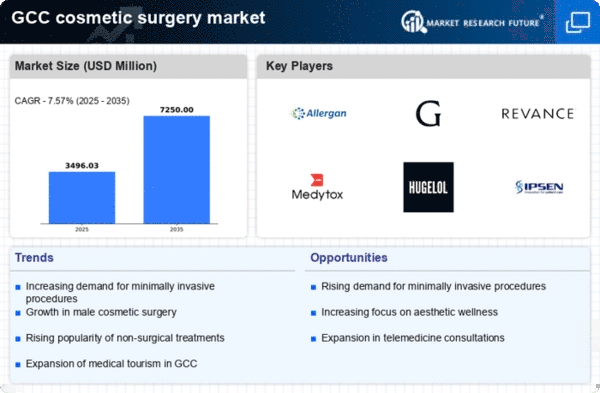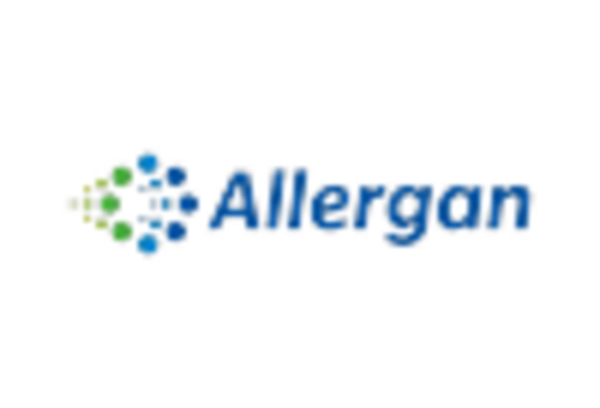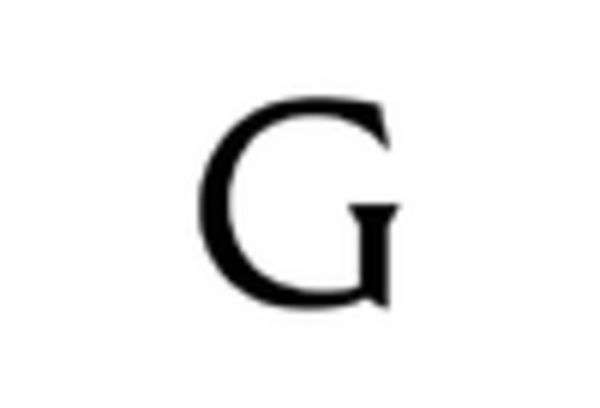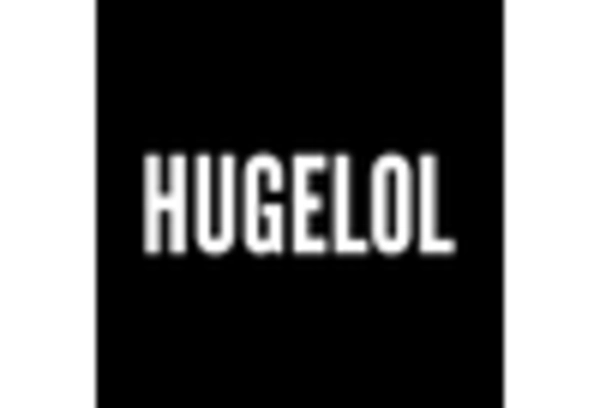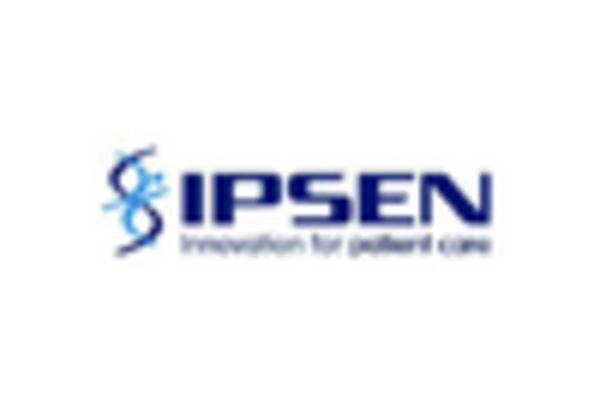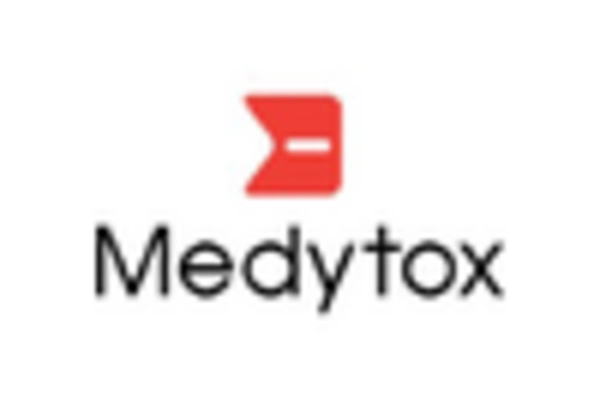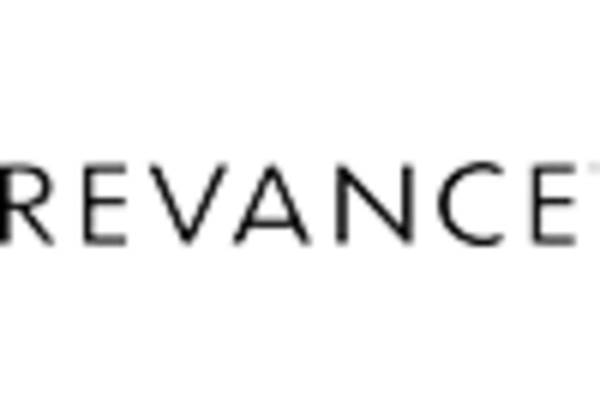Rising Disposable Incomes
In the GCC region, rising disposable incomes are significantly impacting the cosmetic surgery market. As individuals experience increased financial freedom, they are more inclined to invest in personal aesthetics and well-being. The average disposable income in GCC countries has seen a steady increase, with estimates suggesting a growth of around 5% annually. This economic trend is likely to enhance the affordability of cosmetic procedures, making them accessible to a larger segment of the population. Consequently, the cosmetic surgery market may witness a surge in demand, as more individuals prioritize self-improvement and aesthetic enhancements. This driver indicates a potential shift in consumer behavior, where cosmetic surgery is viewed not just as a luxury but as a viable option for personal enhancement.
Increased Awareness of Mental Health Benefits
There is a growing recognition of the mental health benefits associated with cosmetic surgery, which is influencing the cosmetic surgery market in the GCC region. Many individuals report enhanced self-esteem and improved body image following cosmetic procedures. This awareness is likely to drive demand, as more people seek surgical options not only for aesthetic reasons but also for psychological well-being. Surveys indicate that nearly 40% of patients in the GCC cite improved mental health as a key motivation for undergoing cosmetic surgery. This trend suggests that the cosmetic surgery market may continue to thrive as individuals increasingly view these procedures as a means to enhance their overall quality of life.
Technological Advancements in Cosmetic Surgery
The cosmetic surgery market is experiencing a notable transformation due to rapid technological advancements. Innovations such as minimally invasive techniques and enhanced imaging technologies are reshaping surgical practices. For instance, the introduction of 3D imaging allows for precise pre-surgical planning, which can lead to improved patient outcomes. In the GCC region, the adoption of laser technologies and robotic-assisted surgeries is on the rise, potentially increasing the appeal of cosmetic procedures. As a result, the market is projected to grow at a CAGR of approximately 10% over the next five years, driven by these technological improvements. This trend indicates a shift towards more efficient and safer procedures, which may attract a broader demographic to the cosmetic surgery market.
Influence of Social Media and Celebrity Culture
The cosmetic surgery market is increasingly influenced by social media and celebrity culture, particularly in the GCC region. Platforms such as Instagram and Snapchat play a pivotal role in shaping beauty standards and consumer perceptions. The visibility of cosmetic procedures among influencers and celebrities can lead to heightened interest and demand for similar enhancements. Recent studies indicate that approximately 30% of individuals in the GCC have considered cosmetic surgery after seeing it promoted on social media. This trend suggests that the cosmetic surgery market may continue to expand as social media platforms serve as powerful marketing tools, driving awareness and acceptance of various procedures.
Aging Population and Demand for Aesthetic Procedures
The aging population in the GCC region is a significant driver of the cosmetic surgery market. As life expectancy increases, there is a growing desire among older adults to maintain a youthful appearance. This demographic shift is leading to a higher demand for aesthetic procedures, including facelifts and skin rejuvenation treatments. Reports indicate that the population aged 60 and above is expected to grow by 15% over the next decade in GCC countries. This trend suggests that the cosmetic surgery market may see a substantial increase in clientele seeking age-defying solutions, thereby expanding the market's reach and potential.


